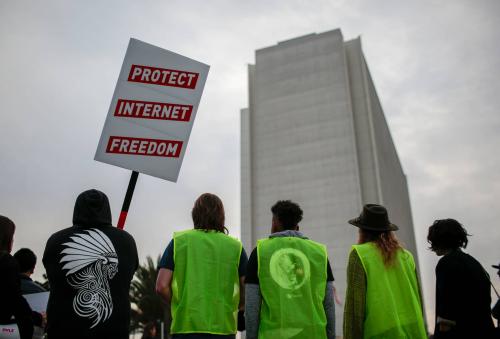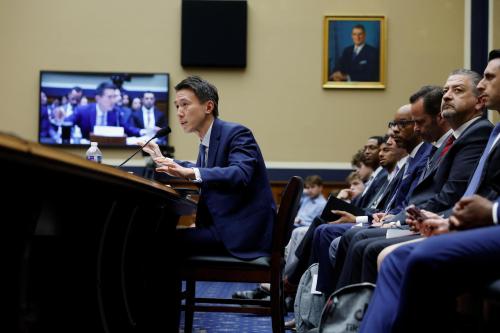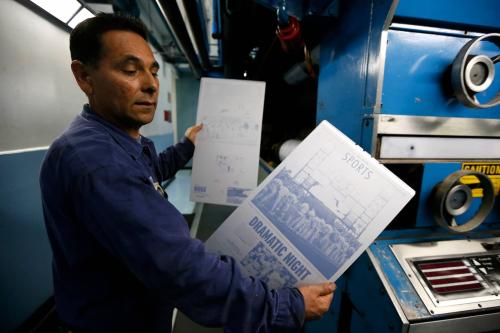In a recent speech delivered at the Fordham Law School, Chairwoman Edith Ramirez of the Federal Trade Commission discussed the growth of the sharing economy for regulations that preserve competition and customer protection. Central to this discussion was the question of how to balance regulations for established businesses and newer, innovative businesses. While the former often has strong consumer protections built up over years, the latter benefits from avoiding these regulations. At the same time, innovation could be hampered by regulations tailored to a specific business model. Capturing the benefits of innovative business models will require regulations that allow for growth without sacrificing consumer protections developed over many years.
Sharing economy advantages
The term “sharing economy” has been applied to a wide range of businesses over the past decade. The basic idea involves a platform where people with unused assets can rent them out a short-term basis. For Uber, drivers use their personal vehicles to transport nearby passengers, while Airbnb rents out extra living space for short-term stays. In each case, the asset owners do not own a business themselves; all transactions are processed by a third party over the Internet. Because this model blurs the line between business and customer, it does not easily conform to existing regulations.
The sharing economy model is innovative for using resources more efficiently. The average car sits unused for 95% of the day, representing a massive underutilized capacity. A platform like Uber distributes use of a car among many more people, lowering the cost of accessing a car and reducing the time that it sits unused. Likewise, renting out unused rooms in apartments and houses can bring down the cost of staying in large cities with expensive real estate. Lowering the cost of access for a car or a room creates value for many more people than just the owner. Lowering the cost of transportation or renting a place to stay are worthy policy goals as long as customers are afforded the same protections that a traditional business would offer.
Avoiding “two-track” regulation
The division between a platform’s managers and its users creates a regulatory grey area. Both Uber and Airbnb have gotten pushback over taxi and hotel regulations in cities such as New York and San Francisco. Uber competes with taxi companies without always providing the same level of insurance or rigorous background checks for their drivers. Airbnb rentals may not always comply with local zoning laws. These laws are designed to protect passengers, drivers, renters and neighbors from business-related damages. Sharing economy consumer protections could include requiring drivers and property owners to receive thorough background checks as well as requiring adequate insurance coverage.
Chairwoman Ramirez advocated against the establishment of a “two-track” regulatory regime for old and new business models. Regulating established businesses differently from newcomers would confer an unfair advantage to whichever model had the least costly regulations. Established business models should not be punished for complying with regulations, nor should new businesses be punished for innovating. Harmonizing regulations between new and old industries would preserve consumer protections without hindering innovation. There is no need to reinvent the wheel for sharing economy regulations when a novel application of existing consumer protections may be all that is necessary.



Commentary
Harmonizing regulations for sharing economy businesses
November 4, 2015